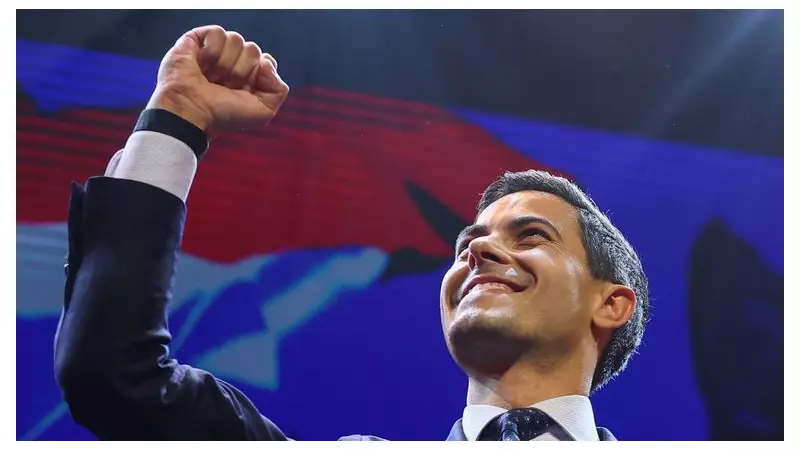
In a dramatic twist that has sent shockwaves through European politics, Dutch far-right leader Geert Wilders appears to be facing a significant setback in crucial provincial elections, according to exit polls released on Wednesday.
Centrist Surge Defies Expectations
The preliminary results indicate that centrist parties have mounted a remarkable comeback, potentially derailing Wilders' anti-immigration movement that had dominated Dutch political discourse in recent months. The Farmer-Citizen Movement (BBB), led by Caroline van der Plas, has emerged as a surprising frontrunner in the poll conducted by Ipsos.
This outcome represents a dramatic reversal from the November general election, where Wilders' Freedom Party (PVV) secured a stunning victory, positioning the controversial figure to potentially become the Netherlands' next prime minister.
What the Exit Poll Reveals
The provincial elections determine the composition of the Senate, and the current projections suggest that the four parties negotiating to form a new government would collectively fall short of a majority. This development could complicate Wilders' path to leadership and force broader coalition talks.
- The BBB is projected to become the largest party in the provincial assemblies
- Wilders' PVV shows limited growth compared to previous elections
- Centrist and pro-European parties demonstrate unexpected resilience
- The outcome may necessitate a more inclusive coalition government
European Implications
This Dutch political drama unfolds against the backdrop of June's European Parliament elections, where far-right movements across the continent are hoping to make significant gains. The Netherlands, often viewed as a political bellwether, could signal changing fortunes for populist movements throughout Europe.
The apparent centrist recovery suggests that Dutch voters may be having second thoughts about handing complete control to Wilders, whose policies include banning mosques, Islamic schools, and the Quran, alongside advocating for a Netherlands exit from the European Union.
As coalition negotiations continue behind closed doors, these provincial election results add another layer of complexity to the formation of the next Dutch government, potentially altering the political landscape ahead of European-wide elections this summer.





